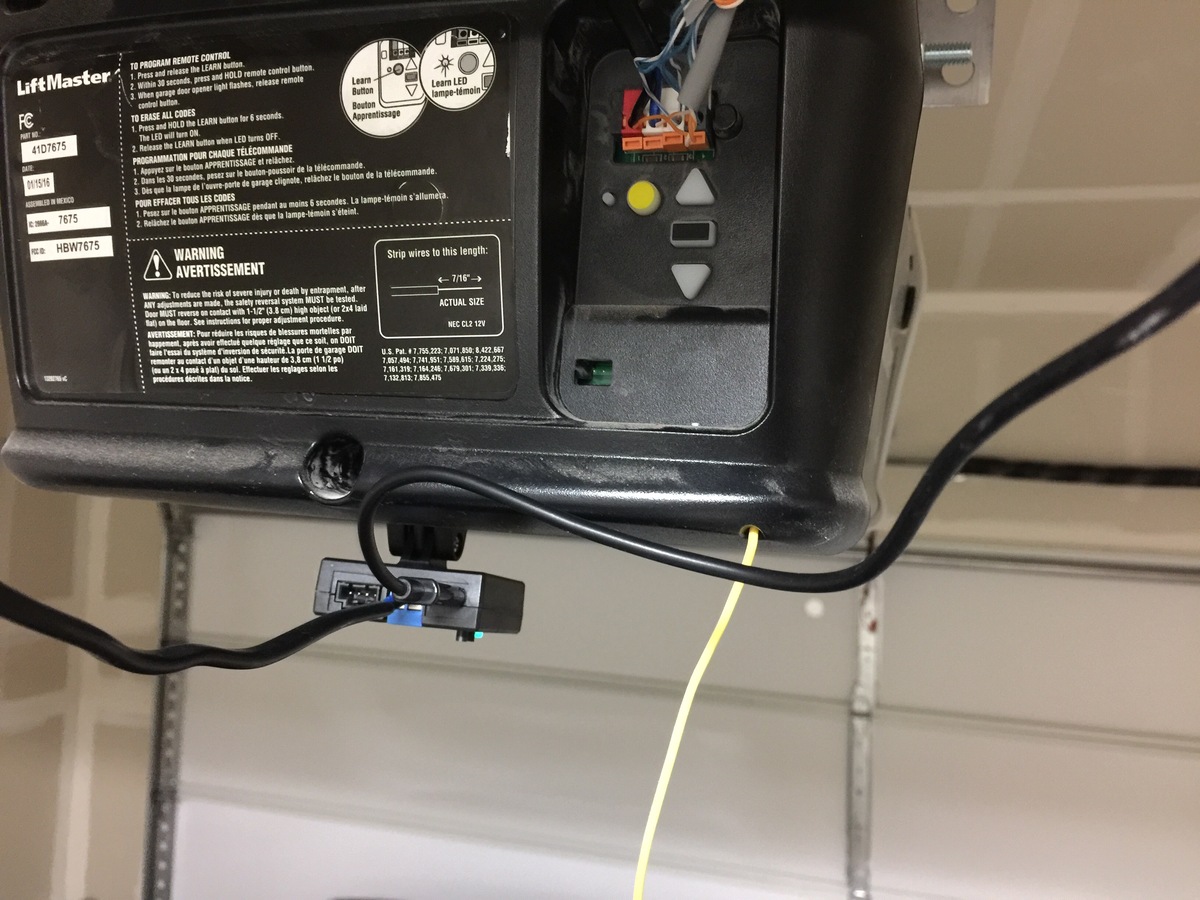

Articles
What Size Wire For Garage Door Opener
Modified: May 6, 2024
Looking for information on what size wire to use for your garage door opener? Check out our articles for expert advice and recommendations.
(Many of the links in this article redirect to a specific reviewed product. Your purchase of these products through affiliate links helps to generate commission for Storables.com, at no extra cost. Learn more)
Introduction
When it comes to installing a garage door opener, one crucial aspect to consider is the wire size. The wire size not only affects the efficiency and performance of your garage door opener but also ensures a safe and reliable operation. Choosing the right wire size is essential to handle the electrical load and prevent overheating or short circuits. In this article, we will delve into the factors to consider when selecting the wire size for your garage door opener and provide recommended wire sizes based on industry standards.
Before we dive into the details, it’s important to understand that wire size is measured in American Wire Gauge (AWG). The AWG system assigns a specific number to each wire size, with higher numbers indicating smaller wire diameters. Therefore, a larger wire gauge (lower number) can handle a higher electrical load without excessive resistance, while a smaller wire gauge (higher number) is suitable for lighter loads.
Now, let’s explore the key factors to consider when determining the wire size for your garage door opener.
Key Takeaways:
- Choosing the right wire size for your garage door opener is crucial for safe and efficient operation. Consider power requirements, distance, amperage rating, and local codes to ensure the proper wire size.
- Follow industry standards and consult with a professional electrician to determine the recommended wire size for your specific garage door opener. Prioritize safety, proper installation, and testing for smooth operation.
Read more: How To Wire Chamberlain Garage Door Opener
Factors to consider when choosing wire size
When it comes to choosing the appropriate wire size for your garage door opener, there are several factors to take into consideration. These factors will help ensure that the wire can handle the electrical load and provide a safe and efficient operation. Let’s explore these factors in more detail:
- Power requirements: The power requirements of your garage door opener will play a significant role in determining the appropriate wire size. Garage door openers typically have different power ratings, ranging from 1/2 HP to 1 1/2 HP or more. Higher horsepower openers require thicker wires to handle the increased electrical load.
- Distance between opener and power source: The distance between the garage door opener and the power source is another crucial factor. Longer distances require thicker wires to compensate for voltage drop. Voltage drop occurs when the wire’s resistance causes a decrease in voltage as it travels a longer distance.
- Amperage rating: The amperage rating of your garage door opener is a key consideration. Different models have varying amperage requirements, which determine the size of wire needed. It’s essential to consult the manufacturer’s specifications or the installation manual to determine the appropriate wire size based on the amperage rating.
- Circuit breaker rating: The circuit breaker in your electrical panel protects the wire from overload. It’s crucial to ensure that the wire size is compatible with the circuit breaker’s rating. Using a smaller wire size than what is recommended can result in the breaker frequently tripping or even potential fire hazards.
- Local electrical codes: Always adhere to local electrical codes and regulations when selecting wire size for your garage door opener installation. Local codes may stipulate specific requirements for wire size, grounding, and other safety considerations. It’s important to consult with a licensed electrician or refer to local codes to ensure compliance.
By considering these factors, you can determine the appropriate wire size that will provide sufficient power, minimize voltage drop, and meet safety standards. Now, let’s move on to the recommended wire sizes for garage door openers based on industry standards.
Recommended wire size for garage door opener
When it comes to selecting the wire size for your garage door opener, it is crucial to refer to industry standards and guidelines. The recommended wire size will depend on the power requirements, distance, and amperage rating of your garage door opener. Here are some general recommendations to consider:
- 1/2 HP Garage Door Opener: For a 1/2 HP garage door opener, a 14-gauge wire is typically sufficient for distances up to 50 feet. However, if the distance exceeds 50 feet, it is recommended to use a thicker 12-gauge wire to compensate for voltage drop.
- 3/4 HP Garage Door Opener: A 3/4 HP garage door opener usually requires a 12-gauge wire for distances up to 50 feet. If the distance is longer, consider using a 10-gauge wire to minimize voltage drop.
- 1 HP or Higher Garage Door Opener: Higher horsepower garage door openers, such as 1 HP or higher, may require thicker wires. It is advisable to check the manufacturer’s specifications or consult with a licensed electrician to determine the appropriate wire size for these powerful openers.
Remember that these recommendations are general guidelines and may vary depending on specific factors such as the manufacturer’s specifications, local electrical codes, and the overall electrical setup of your garage. It is always recommended to consult with a professional electrician who can assess your specific requirements and provide accurate guidance.
Next, let’s explore the common wire sizes used for garage door openers, which will further shed light on the options available to you.
When choosing the wire size for a garage door opener, it’s important to consider the power requirements of the opener. Typically, a 14-gauge wire is sufficient for most residential garage door openers, but it’s always best to consult the manufacturer’s specifications to ensure the correct wire size for your specific model.
Common wire sizes used for garage door openers
When it comes to wiring a garage door opener, there are several common wire sizes that are commonly used. These wire sizes are determined based on industry standards and the requirements of typical garage door openers. Here are the most common wire sizes used for garage door openers:
- 14-Gauge Wire: A 14-gauge wire is one of the most commonly used wire sizes for residential garage door openers. It is suitable for most 1/2 HP garage door openers and is capable of handling the average power requirements for typical residential installations.
- 12-Gauge Wire: A 12-gauge wire is a step up from the 14-gauge wire and is commonly used for garage door openers with higher horsepower ratings, such as 3/4 HP openers. It can handle a higher electrical load and is preferred for installations where the distance between the opener and power source exceeds 50 feet.
- 10-Gauge Wire: A 10-gauge wire is a heavier-duty option typically used for larger garage door openers, including those with 1 HP or higher horsepower ratings. It is capable of handling higher amperage loads and longer distances while minimizing voltage drop.
Keep in mind that these wire sizes are general recommendations and may vary depending on factors such as the specific manufacturer’s requirements and local electrical codes. It is always advisable to consult with a professional electrician to determine the appropriate wire size for your specific garage door opener installation.
Now that we have explored the recommended wire sizes and common options available, let’s move on to some installation tips to ensure a successful wiring process for your garage door opener.
Installation tips for wiring a garage door opener
Wiring a garage door opener is a task that requires attention to detail and adherence to safety guidelines. Here are some installation tips to help you successfully wire your garage door opener:
- Read the manufacturer’s instructions: Before beginning the installation process, thoroughly read and understand the manufacturer’s instructions and specifications for your specific garage door opener model. This will provide you with essential information on wire size requirements, proper wiring techniques, and safety precautions.
- Turn off the power: Ensure that the power to the garage door opener is turned off at the electrical panel before you start wiring. This will prevent any accidental shocks or electrical issues during the installation process.
- Use the appropriate wire: Select the wire size based on the recommendations outlined earlier in this article. Use a wire that is rated for outdoor use and is compatible with the amperage rating of your garage door opener.
- Route the wire safely: Carefully plan the route for the wire from the electrical panel to the garage door opener. Avoid sharp bends or crimping the wire, and ensure there is enough slack for any necessary adjustments or future maintenance.
- Secure the wire properly: Use appropriate clips or fasteners to secure the wire along its route. This will prevent it from being accidentally pulled or damaged during use or any future maintenance of the garage door opener.
- Connect the wires correctly: Follow the manufacturer’s instructions to correctly connect the wires to the corresponding terminals on the garage door opener. Double-check your connections to ensure they are secure and properly tightened.
- Test the wiring: Once the wiring is complete, turn the power back on and test the garage door opener to ensure it operates smoothly and without any issues. If you encounter any problems, double-check the wiring connections and consult the manufacturer’s instructions for troubleshooting tips.
Remember, if you’re unsure about any aspect of the wiring process or if you’re not experienced with electrical work, it’s always best to seek the assistance of a licensed electrician. They will have the knowledge and expertise to handle the installation safely and in compliance with local electrical codes.
Now that you are equipped with the knowledge and installation tips, you can confidently wire your garage door opener for optimal performance and safety.
Read more: What Size Garage Door Opener Do I Need
Conclusion
Choosing the right wire size for your garage door opener is crucial for ensuring its safe and efficient operation. By considering factors such as power requirements, distance, amperage rating, circuit breaker capacity, and local electrical codes, you can determine the appropriate wire size for your specific installation.
Recommended wire sizes for garage door openers range from 14-gauge for 1/2 HP openers to 10-gauge for higher horsepower models. However, it’s always important to refer to the manufacturer’s specifications and consult with a licensed electrician to ensure the proper wire size based on your unique circumstances.
When wiring your garage door opener, it’s essential to follow the manufacturer’s instructions, turn off the power, use the appropriate wire, secure and route the wire safely, and make correct connections. Additionally, testing the system after installation can help identify any potential issues and ensure smooth operation.
Remember that electrical work can be dangerous, and if you’re uncertain or inexperienced, it’s best to seek professional assistance from a licensed electrician. They have the knowledge and expertise to handle the wiring process safely and in compliance with local codes.
By taking the time to choose the right wire size and installing it correctly, you can ensure the longevity, efficiency, and safety of your garage door opener, providing you with peace of mind and convenient access to your garage.
We hope that this article has provided you with valuable insights and guidance for wiring a garage door opener. Remember to prioritize safety and consult professionals when needed. Happy wiring!
Curious about extending your know-how beyond garage door wiring? Dive into our guide on electrical wiring to learn how to safely run overhead wires to your garage, ensuring power isn't just convenient but also compliant with safety standards. Meanwhile, if you're itching to tackle more hands-on projects, our insights on DIY projects will reveal why crafting and building by yourself can be not only fulfilling but also incredibly rewarding. These reads are perfect for expanding your practical skills and adding personal touches to your space!
Frequently Asked Questions about What Size Wire For Garage Door Opener
Was this page helpful?
At Storables.com, we guarantee accurate and reliable information. Our content, validated by Expert Board Contributors, is crafted following stringent Editorial Policies. We're committed to providing you with well-researched, expert-backed insights for all your informational needs.
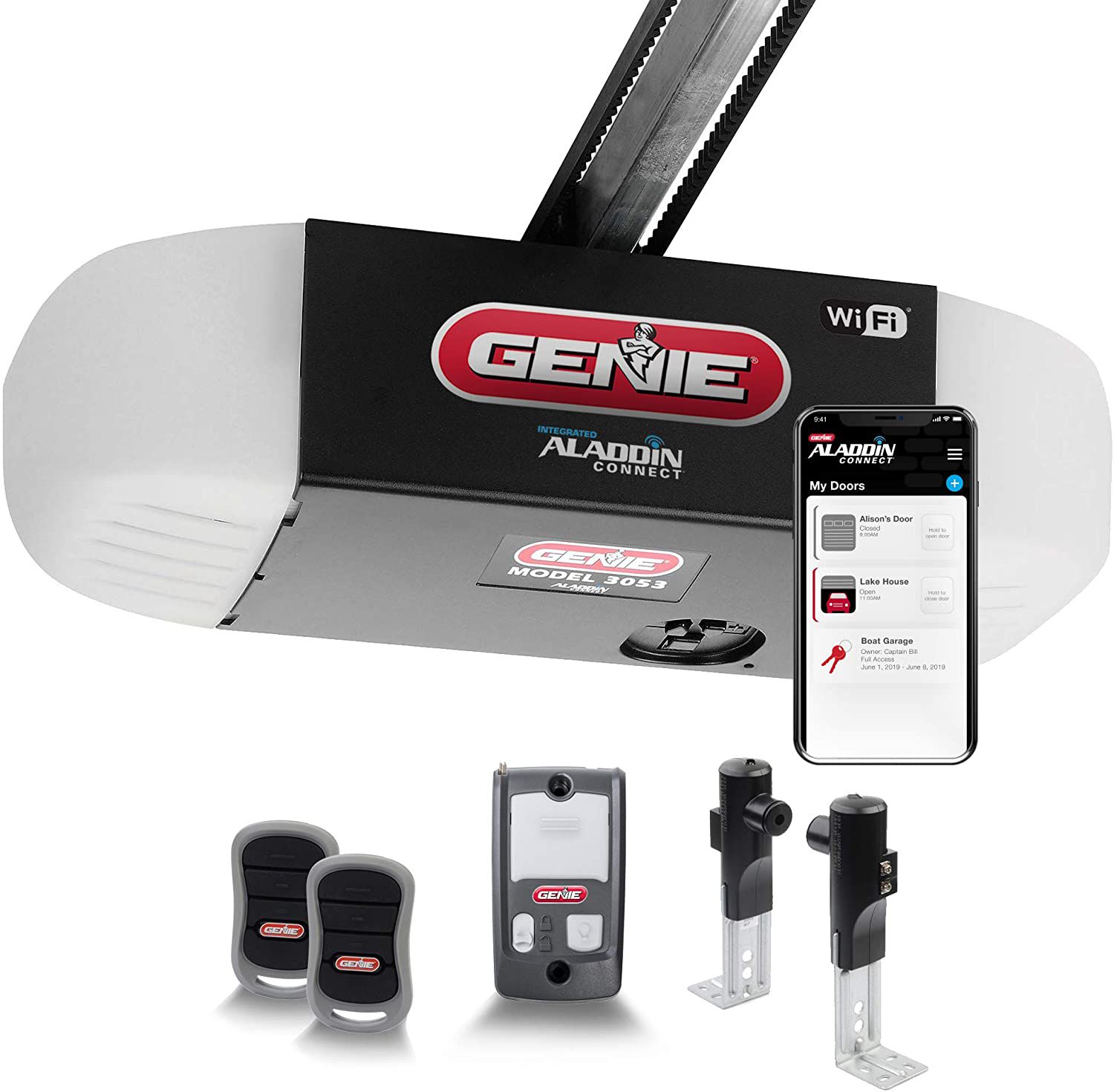
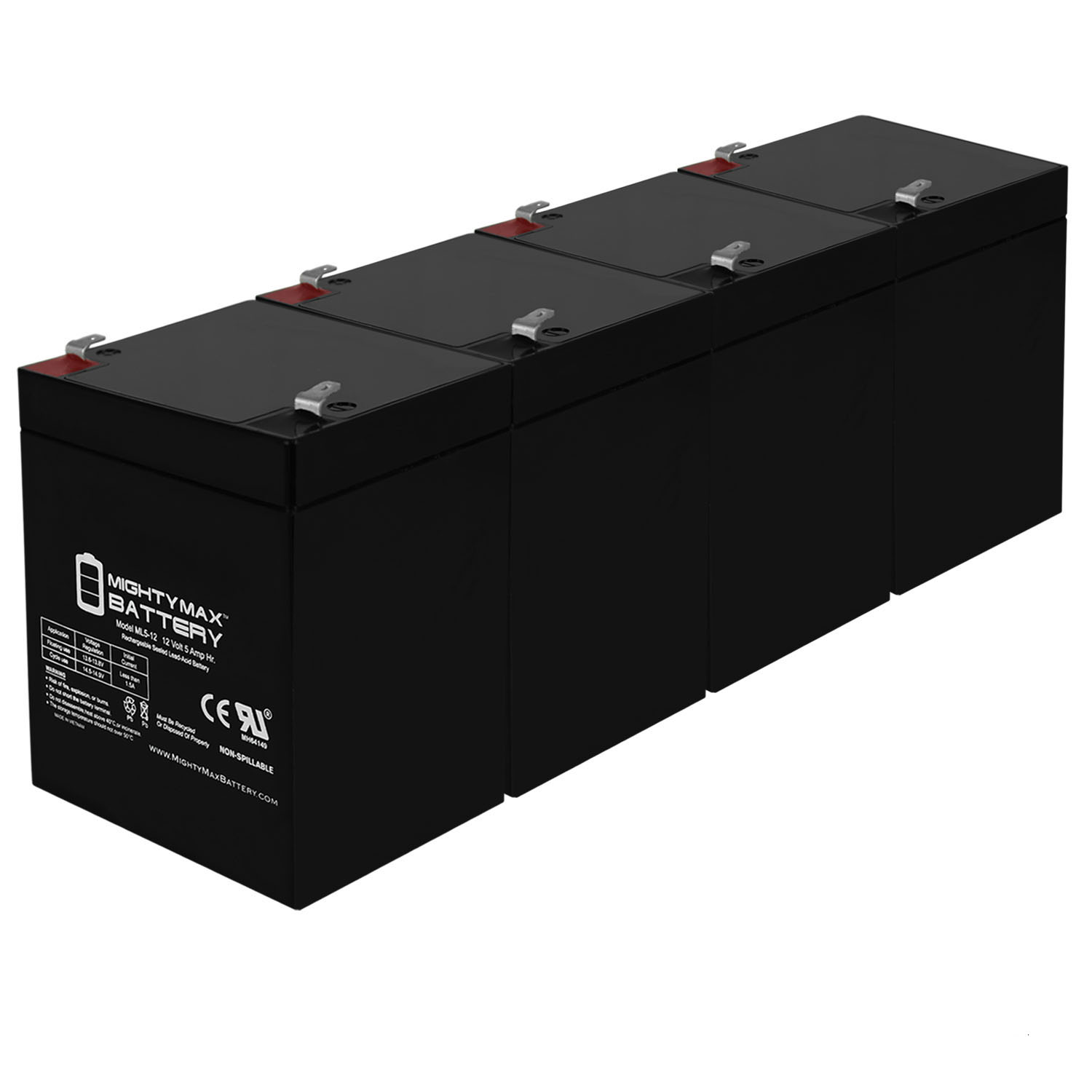
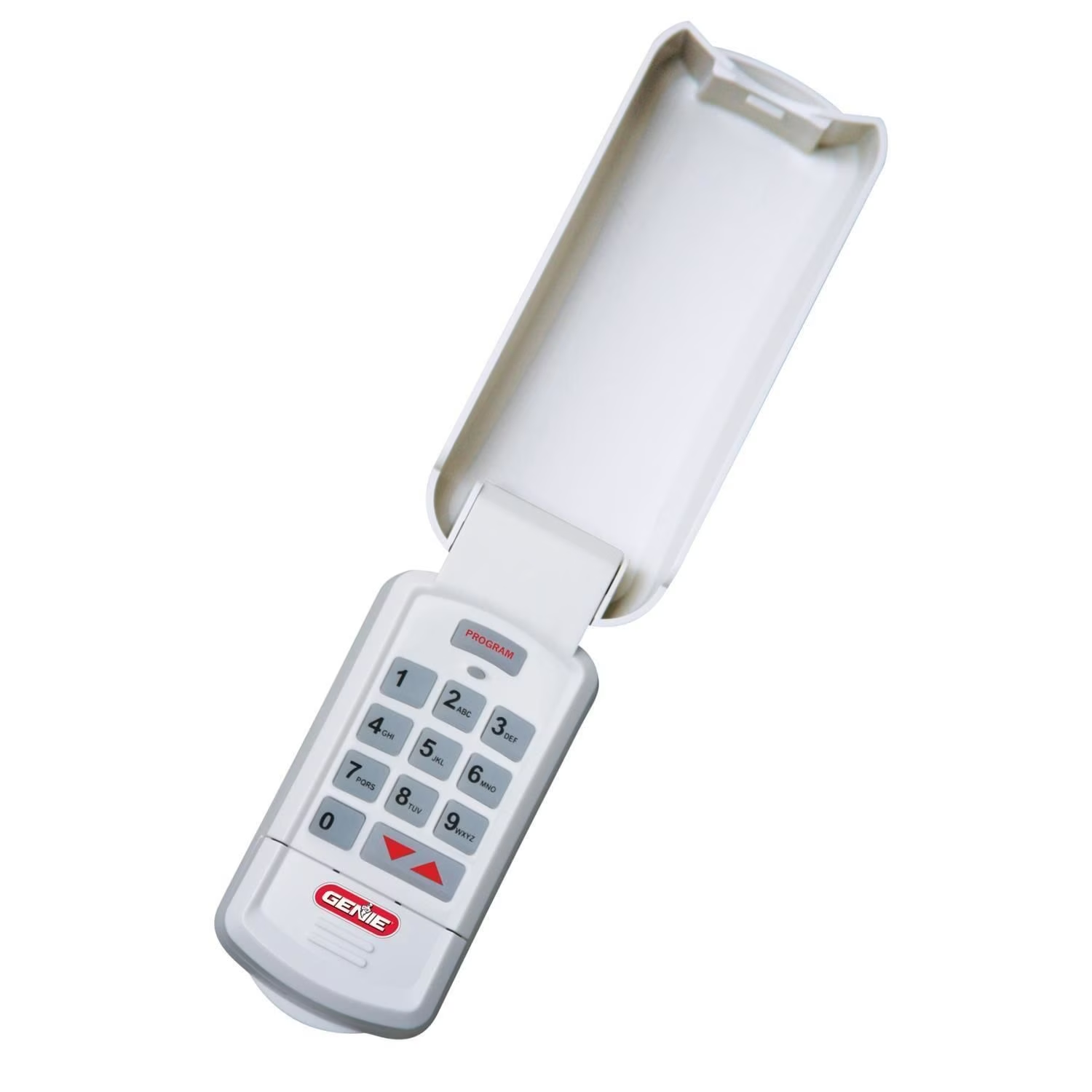
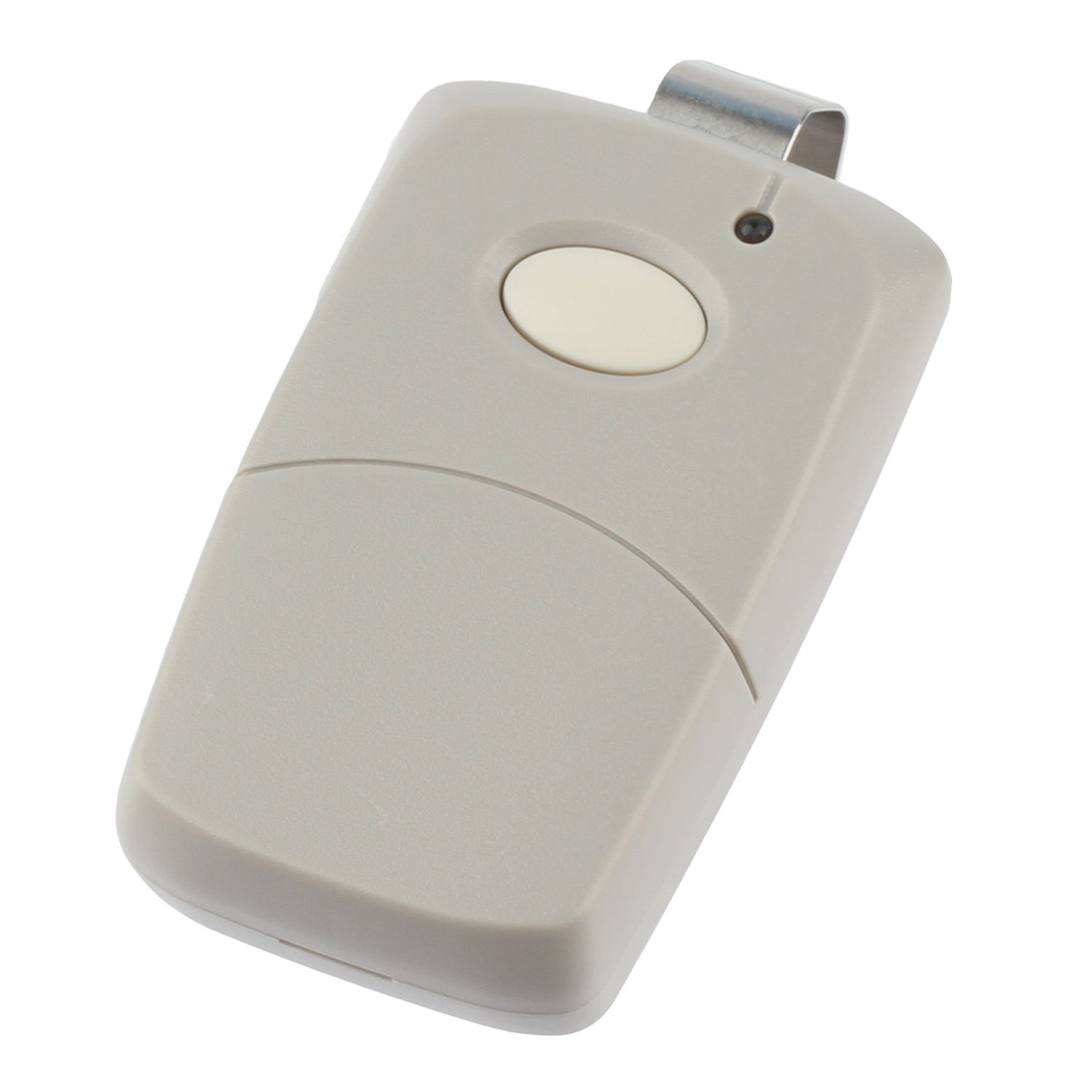
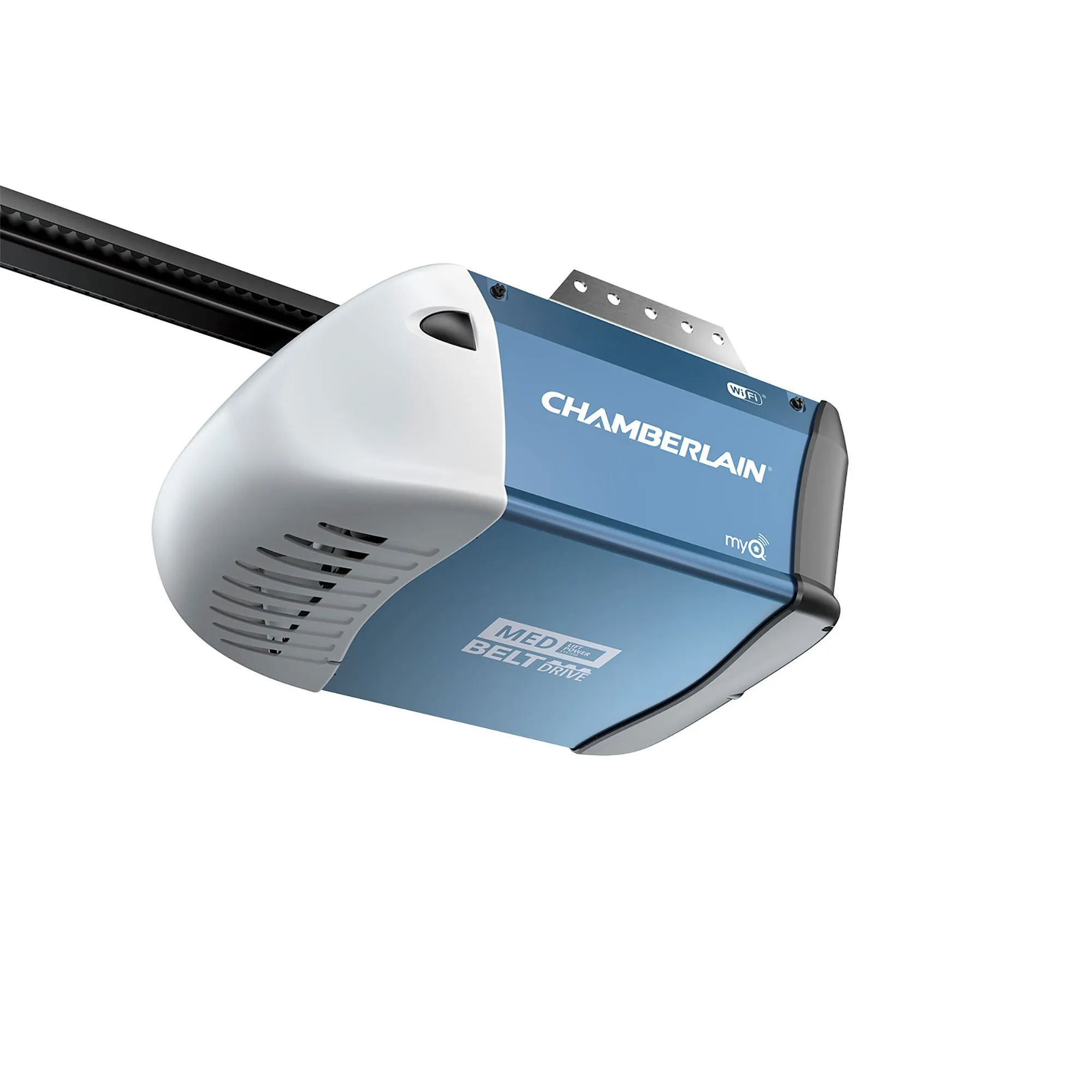
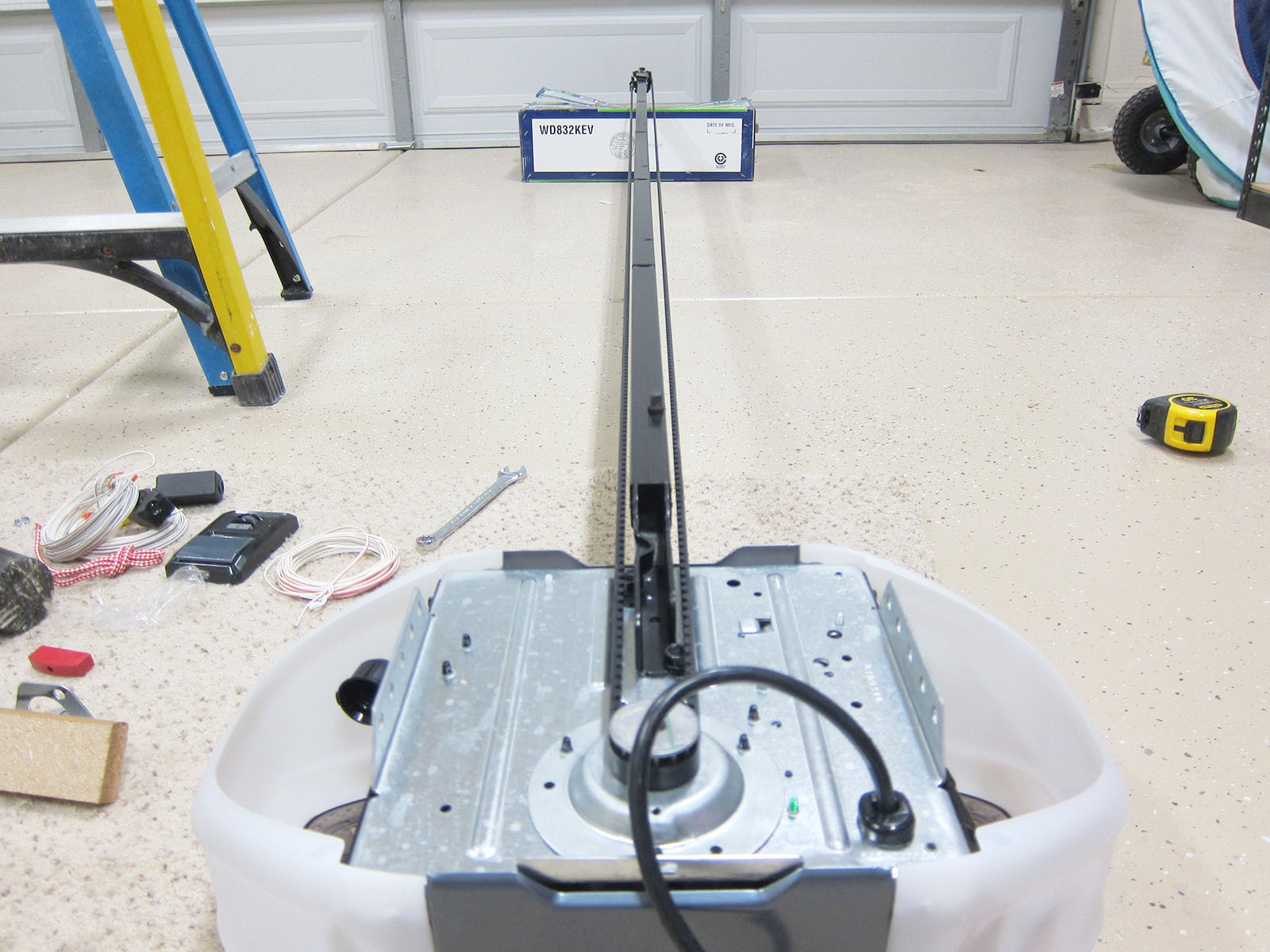
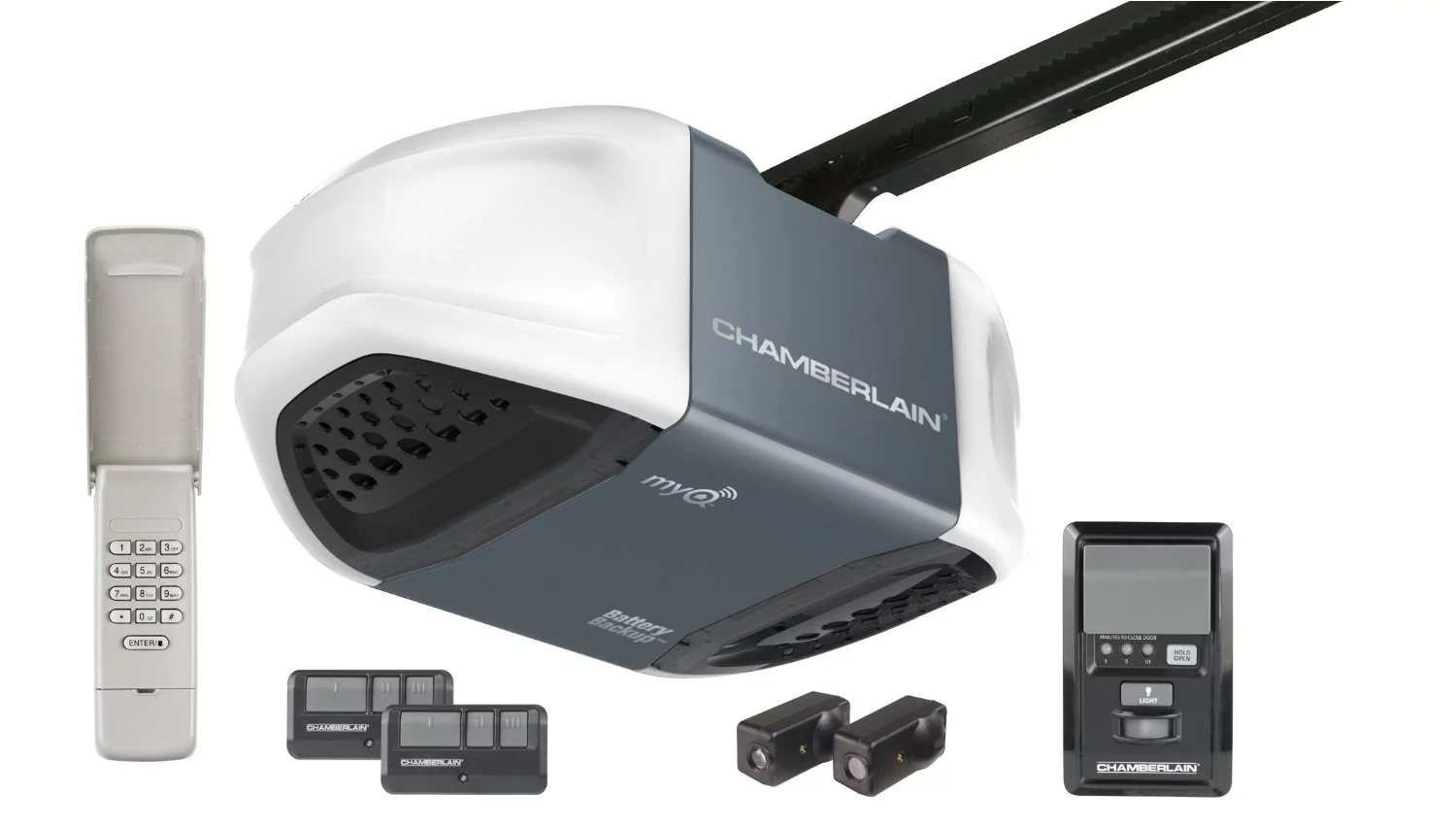
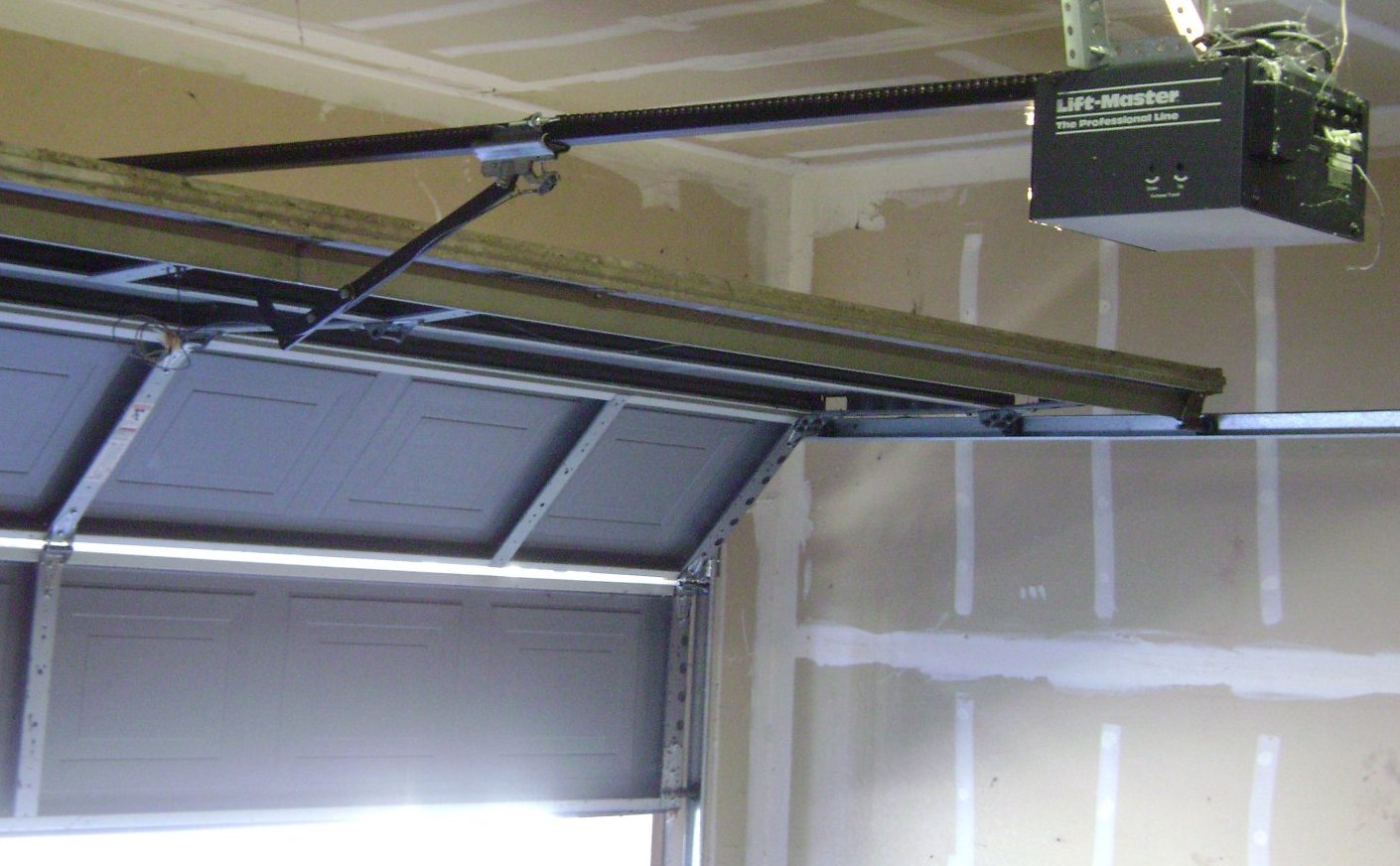
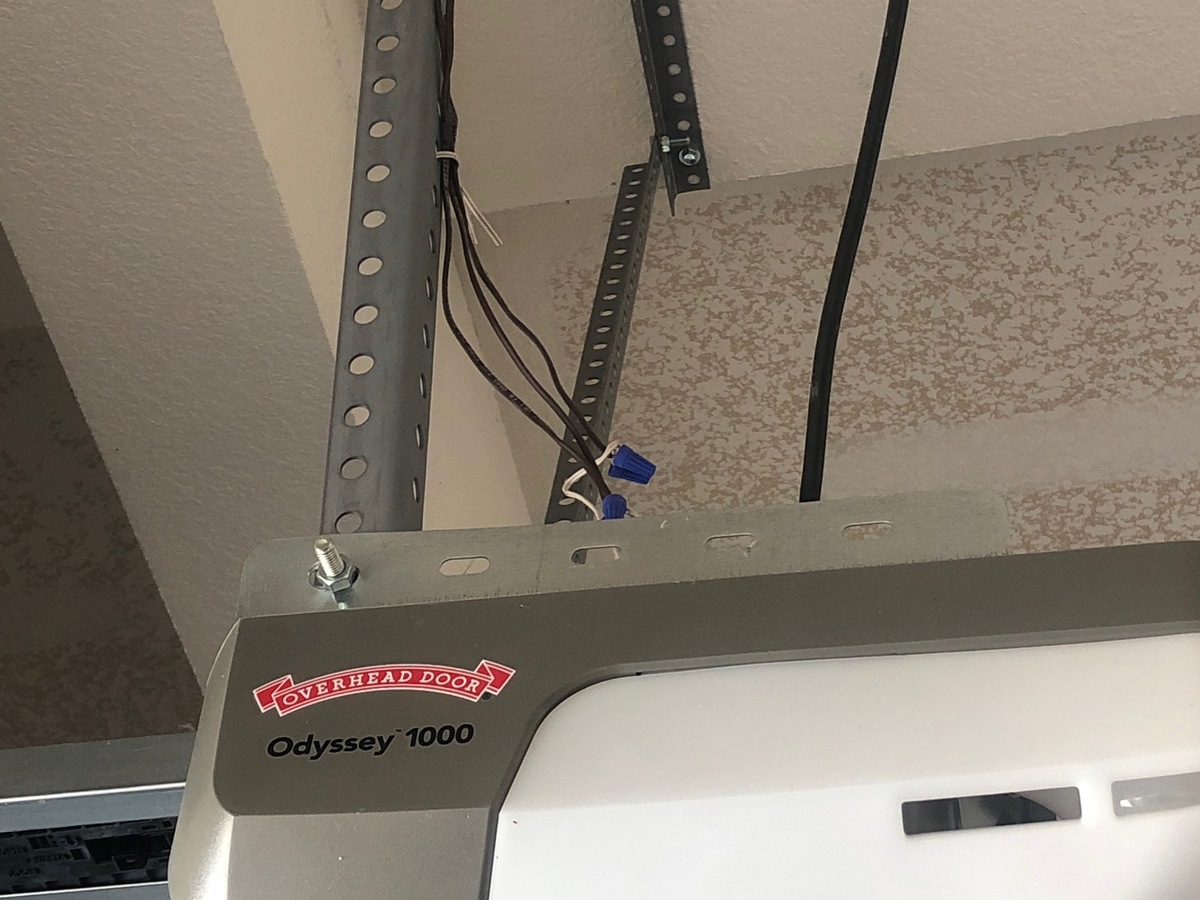
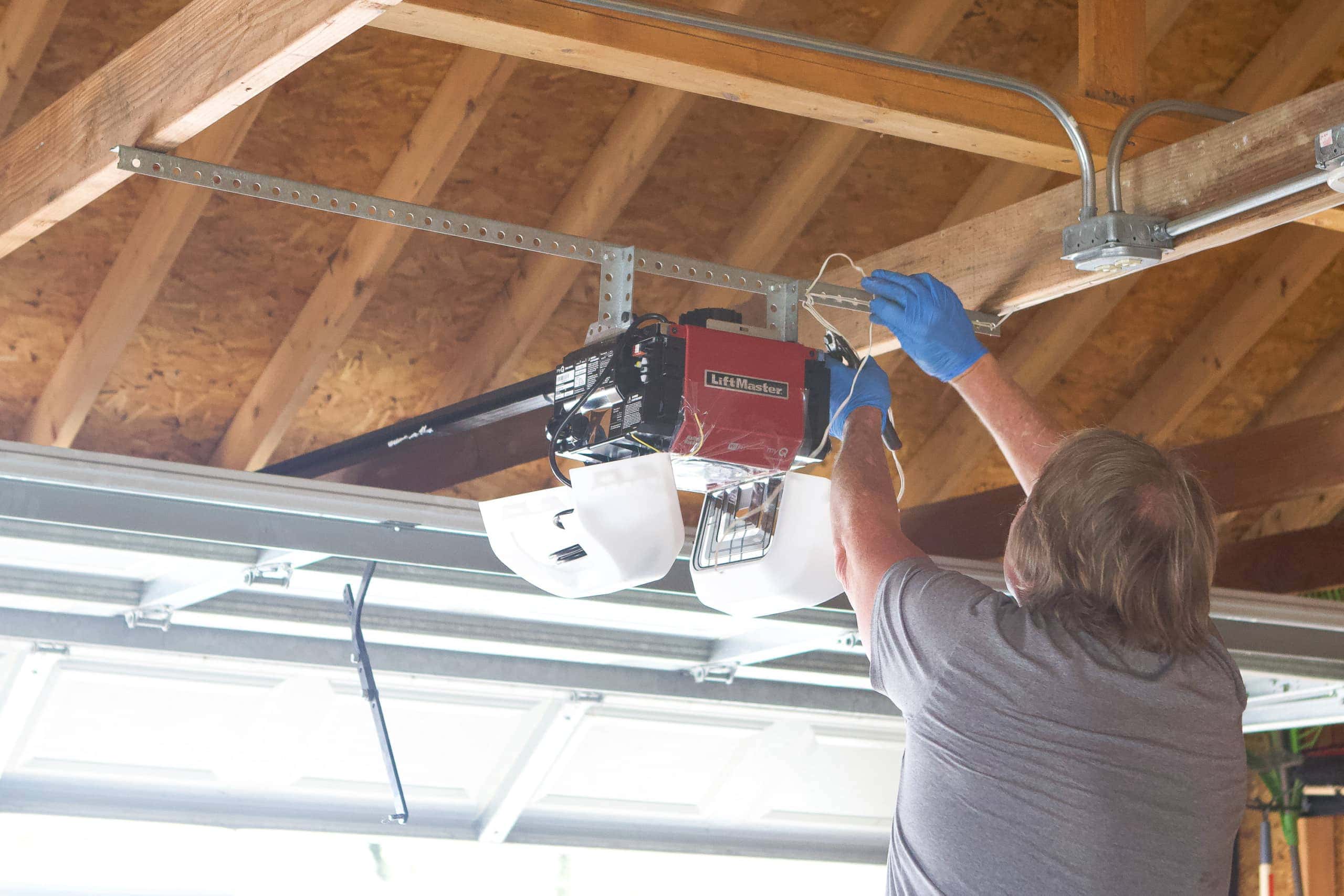
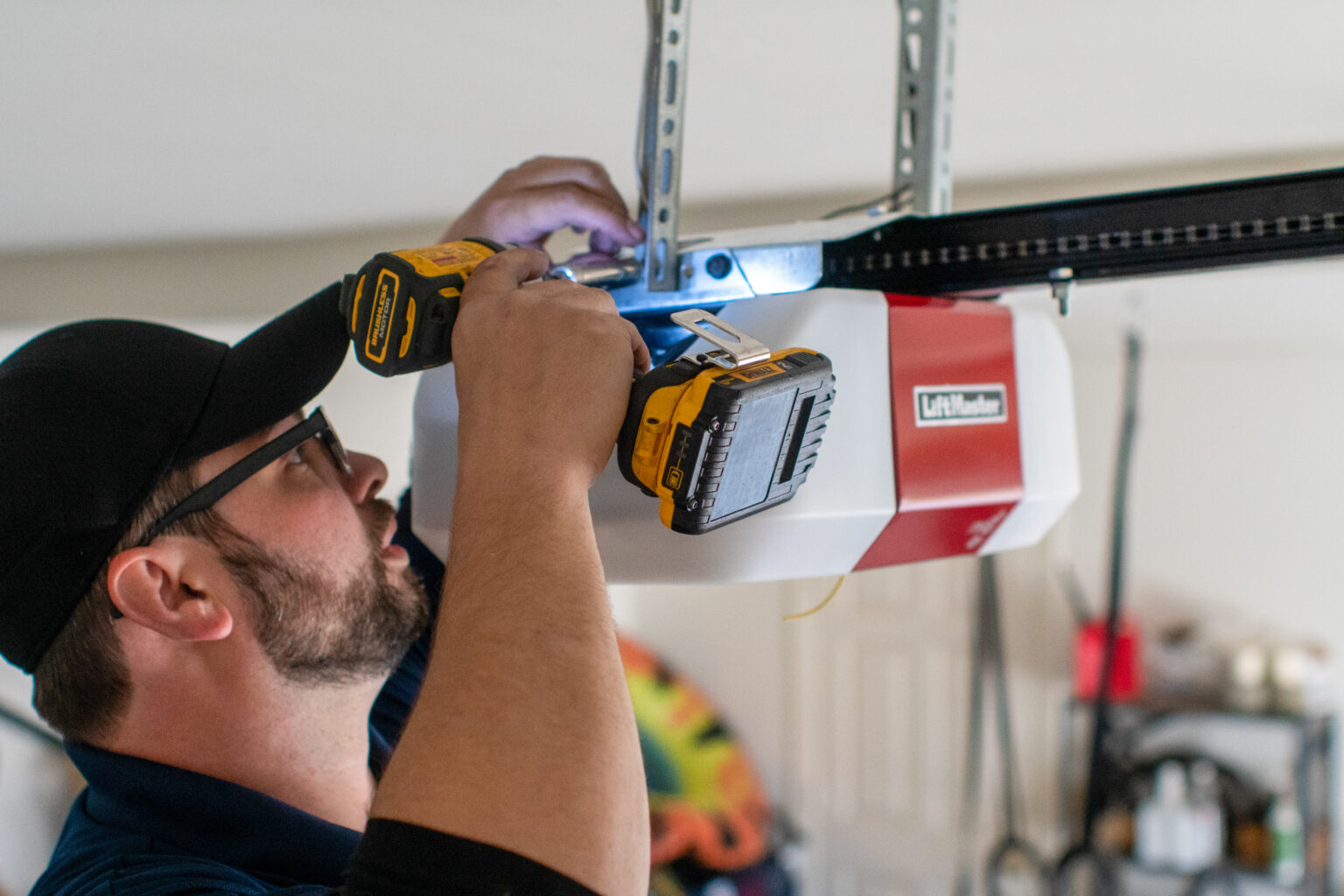
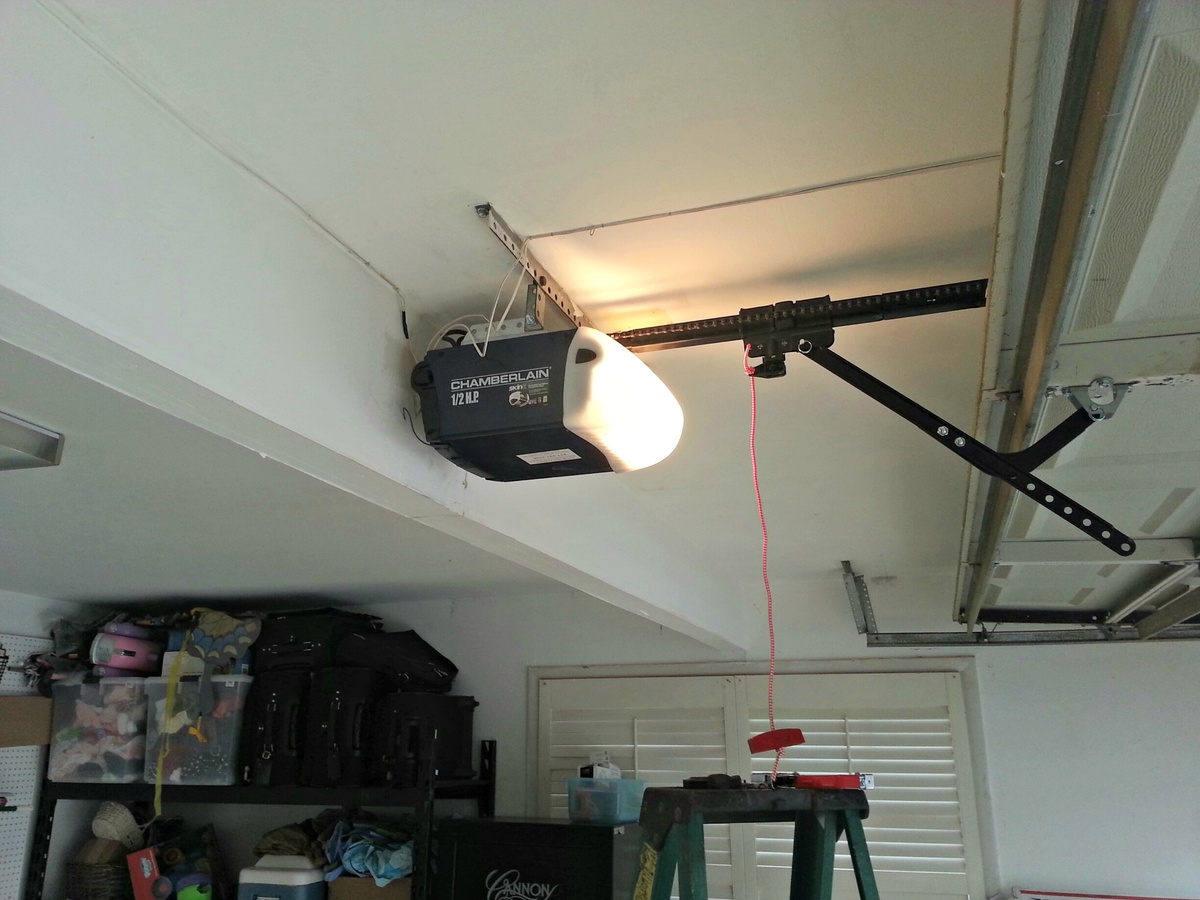
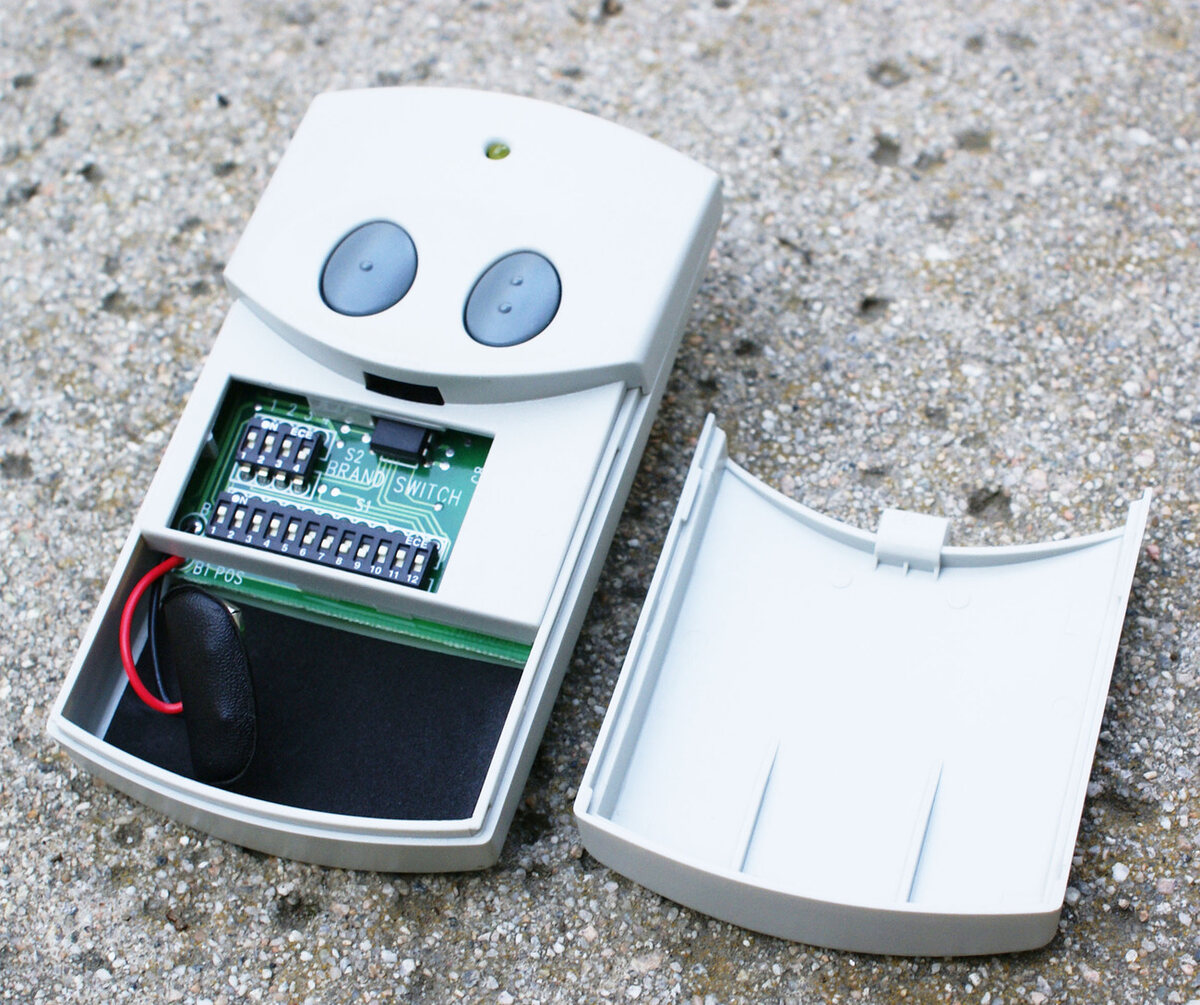
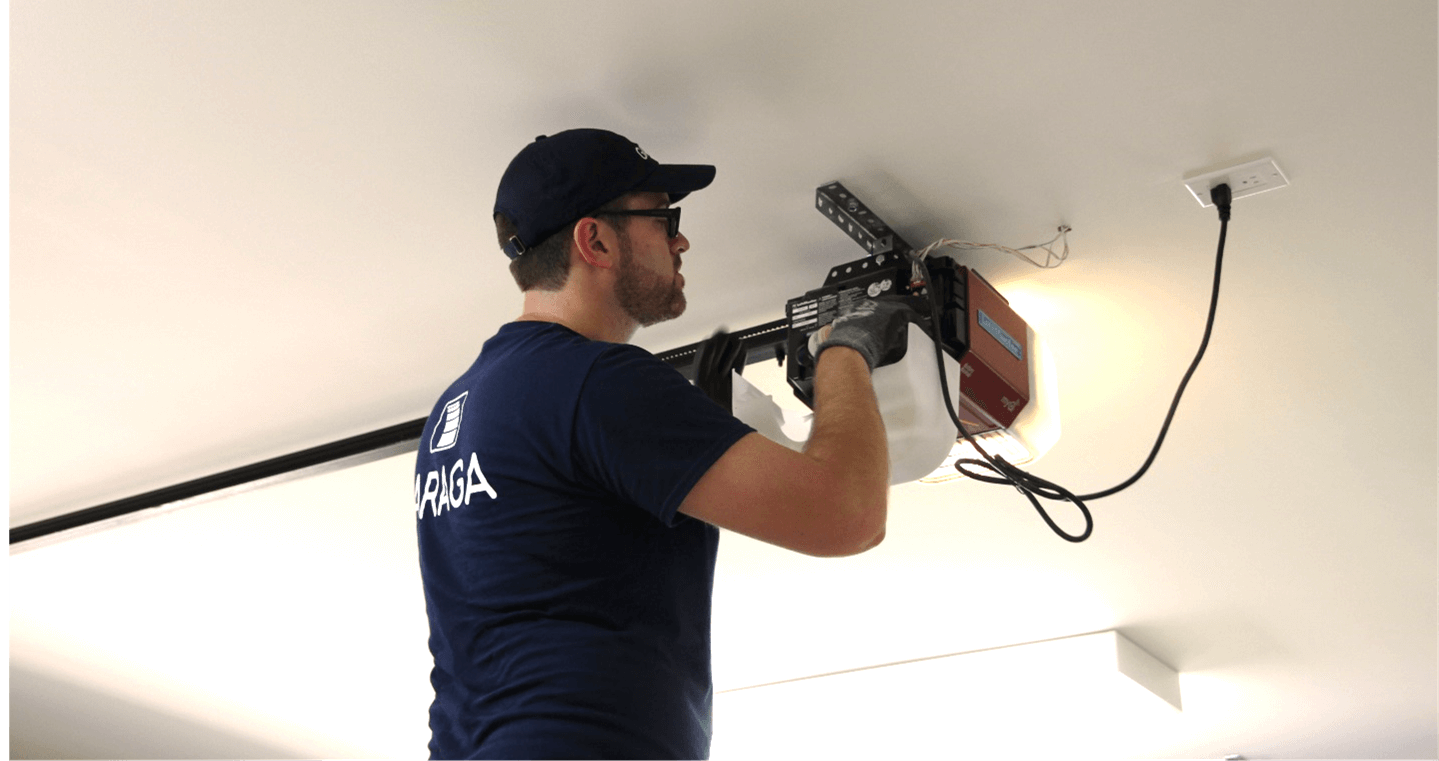

0 thoughts on “What Size Wire For Garage Door Opener”